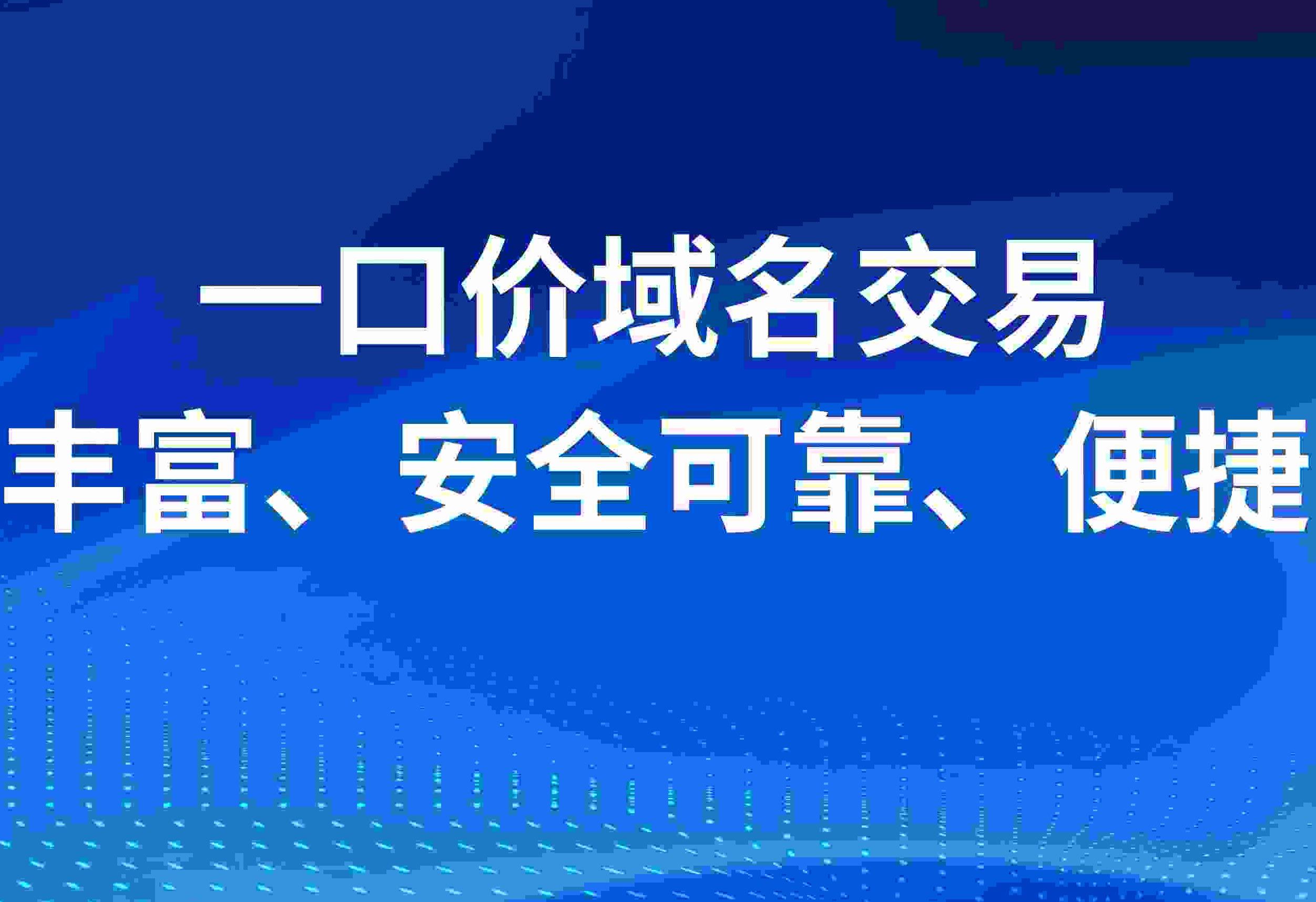品牌价值
域名有助于建立品牌认知。
seo潜力
具有SEO基础条件,拥有自然蜘蛛及流量适合科技、软件、网络服务类企业使用,具有很高的商业开发价值。
投资价值
优质域名是稀缺资源,长期持有具有升值潜力。
联系方式
如果您对此域名感兴趣,请通过以下方式联系我们:
电话: 138-XXXX-XXXX
邮箱: 3128188888@qq.com
微信: 请扫描下方二维码添加

合作伙伴
以下是我们推荐的优质网站:
上海淳美商务咨询有限公司
广州市互原电子商务有限公司
上海联聪韵科技有限公司
海口龙华区龚和服装店
郑州市管城回族区骏星信息技术工作室
林邦濠
上海丞谦芊网络科技有限公司
铁岭县娇雅电子商务工作室
合肥希第堀宠网络信息咨询有限公司
孙宏刚
浙江承创网络科技有限公司
武汉灵知妙享科技有限公司
何将军
海口龙华区娅思商务服务业中心
北京冀素科技有限公司
刘炳文
北京数维动力科技有限公司
上海霖韵广告策划有限公司
黑龙江焰宙网络科技有限公司
侯晓勇
北京棋弈智能科技有限责任公司
佛山市南海区富倍馨智能洁具有限公司
海口陈剑剑商贸有限公司
霍尔果斯推啊网络科技有限公司
南充微梦文化传播有限公司
东莞市大朗阵风新能源技术服务中心
乳山市旺优便利店
梁辉祥
郝博洋
上海宛贝伊网络科技有限公司